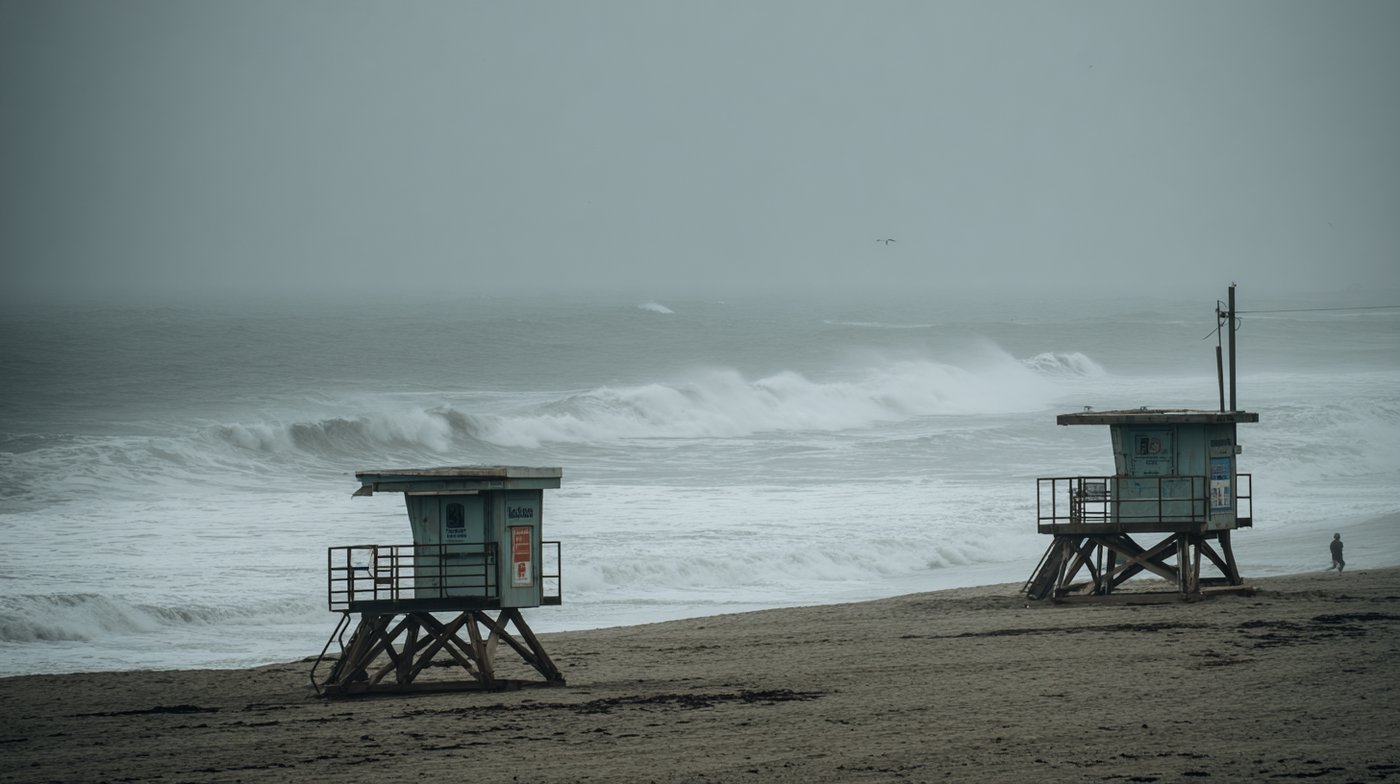The phrase California sober sounds like something you’d overhear at a juice bar in Echo Park or the title track on the record of a band from Orange County. But it’s not just a coastal lifestyle trend. It’s a real concept making waves in addiction treatment.
California sober usually means abstaining from alcohol and hard drugs, while allowing some use of marijuana or psychedelics. It’s like moderation, but you are deciding what is acceptable in your use of substances.
Does it work? It’s one of those things where you have to take people’s word for it. Some say it works. For others, it’s a trapdoor in the floorboards of their hard-earned stability. And it is not something we suggest giving a try.
The Brain’s Chemistry Doesn’t Do Loopholes
Let’s get one thing straight: your brain is not a negotiator. It doesn’t go, “Oh, okay, we’re just using weed? That’s fine, I won’t light up the full dopamine fireworks show.” No. The brain is very reactive. The reward system in your brain is basically like an excitable puppy. It knows it shouldn’t do some things, but once it gets excited, all bets are off.
Marijuana, for instance, increases dopamine release. That’s the same pleasure center activated by cocaine, sugar, and winning $20 on a lottery scratcher. Even if it doesn’t create the same spiraling behavioral patterns in everyone, it does engage the same brain systems.
So if your brain has a history of addiction, its threshold for rekindling the craving/reward is going to be really easy to cross.
California Sober and the Idea of “Almost Abstinent”
California sober usually appeals to people who feel that full abstinence is either unnecessary or unsustainable. In their minds, sobriety means boring Friday nights filled with sparkling water. Which of course is not the reality.
But here’s where it gets delicate: psychological dependency doesn’t always show up at full volume. Sometimes it hums in the background, like a fridge, and you don’t notice the noise until it’s off.
In people with trauma histories, anxiety disorders, or any compulsive tendencies, California sober can create an illusion of control. “I’m not drinking, so I must be okay.” But the coping mechanism has simply been switched out. And often, it still demands your heart and eventually your soul.

What the Research Is Starting to Say About California Sober
The truth is, California sober hasn’t been studied enough yet. Most recovery science revolves around abstinence-based models because they’re clearer to track. However, emerging data from harm-reduction approaches shows that even partial abstinence can improve quality of life, reduce hospitalizations, and stabilize relationships—when it’s managed with honesty and oversight.
But here’s the caution: self-directed California sober efforts, without therapeutic support or medical consultation, can be risky. It’s a bit like doing your own dental work. It’s not something you want to mess up on.
Where it tends to unravel is when it becomes a spiritual loophole. “I’m not using that, so I’m fine.” But “fine” isn’t the goal. Awake, connected, and whole is.
Quick Litmus Test
Here are a few questions that may help you gauge whether California sober is stabilizing or destabilizing your recovery:
- Do you look forward to your next allowed substance more than your next therapy session?
- Are you hiding your usage details from your support system?
- Does cannabis help you process, or does it help you avoid?
- When you imagine stopping even the “allowed” substances, does something in you panic?
Call It What It Is
This isn’t about perfection. It’s about honesty. You deserve more than white-knuckling your way through a DIY recovery protocol. You deserve peace that isn’t dependent on your next hit of anything.
If you’re weighing whether California sober—or any recovery approach—is helping or harming, Covenant Hills Treatment Center in Orange County offers something rare: a scientifically grounded, trauma-informed program with thoughtful clinical care and structured support.
Whether is our San Clemente men’s center or our Dana Point women’s facility, you’ll find a full continuum of treatment—residential, day treatment, intensive outpatient, aftercare.
Full Addiction Treatment in Southern California
It’s not about filling another loophole. It’s about being held accountable—in mind, body, spirit, and community. If nothing’s working the way you hoped, Covenant Hills is worth talking to. Call 800‑662‑2873 today to learn more, verify your insurance, and take a step out of uncertainty into evidence-based, compassionate care. Want to talk about substance use and a tested approach to recovery? Call Covenant Hills Today: 800-662-2873.








